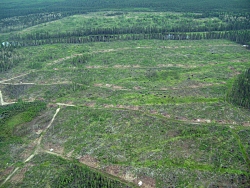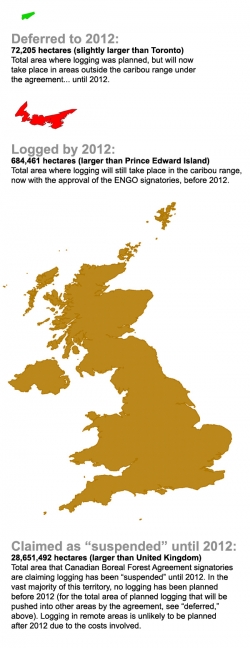Dec 11
20120
Amazon Watch, Avaaz, Carbon Markets | REDD, CIDOB | Confederation of Indigenous People of Bolivia, Democracy Centre, Non-Profit Industrial Complex, The International Campaign to Destabilize Bolivia, USAID
Bolivia CIDOB | Confederation of Indigenous People of Bolivia Democracy Centre Forests Isiboro Secure National Park and Indigenous Territory (TIPNIS) USAID
[TIPNIS] Alvaro Garcia Linera: Geopolitics of the Amazon – Part I
Introduction and translation by Richard Fidler, Life on the Left
Revolution and Counterrevolution in Bolivia
Bolivian leader replies to critics of the Morales government’s development strategy
Introduction
Álvaro García Linera is one of Latin America’s leading Marxist intellectuals. He is also the Vice-President of Bolivia — the “co-pilot,” as he says, to President Evo Morales, and an articulate exponent of the government’s policies and strategic orientation.
In a recent book-length essay, Geopolitics of the Amazon: Patrimonial-Hacendado Power and Capitalist Accumulation, published in September 2012, García Linera discusses a controversial issue of central importance to the development process in Latin America, and explains how Bolivia is attempting to address the intersection between economic development and environmental protection. →![alvaro garcia_thumb[1]](https://i0.wp.com/wrongkindofgreen.org/wp-content/uploads/2012/12/alvaro-garcia_thumb1.jpg?resize=204%2C139)




